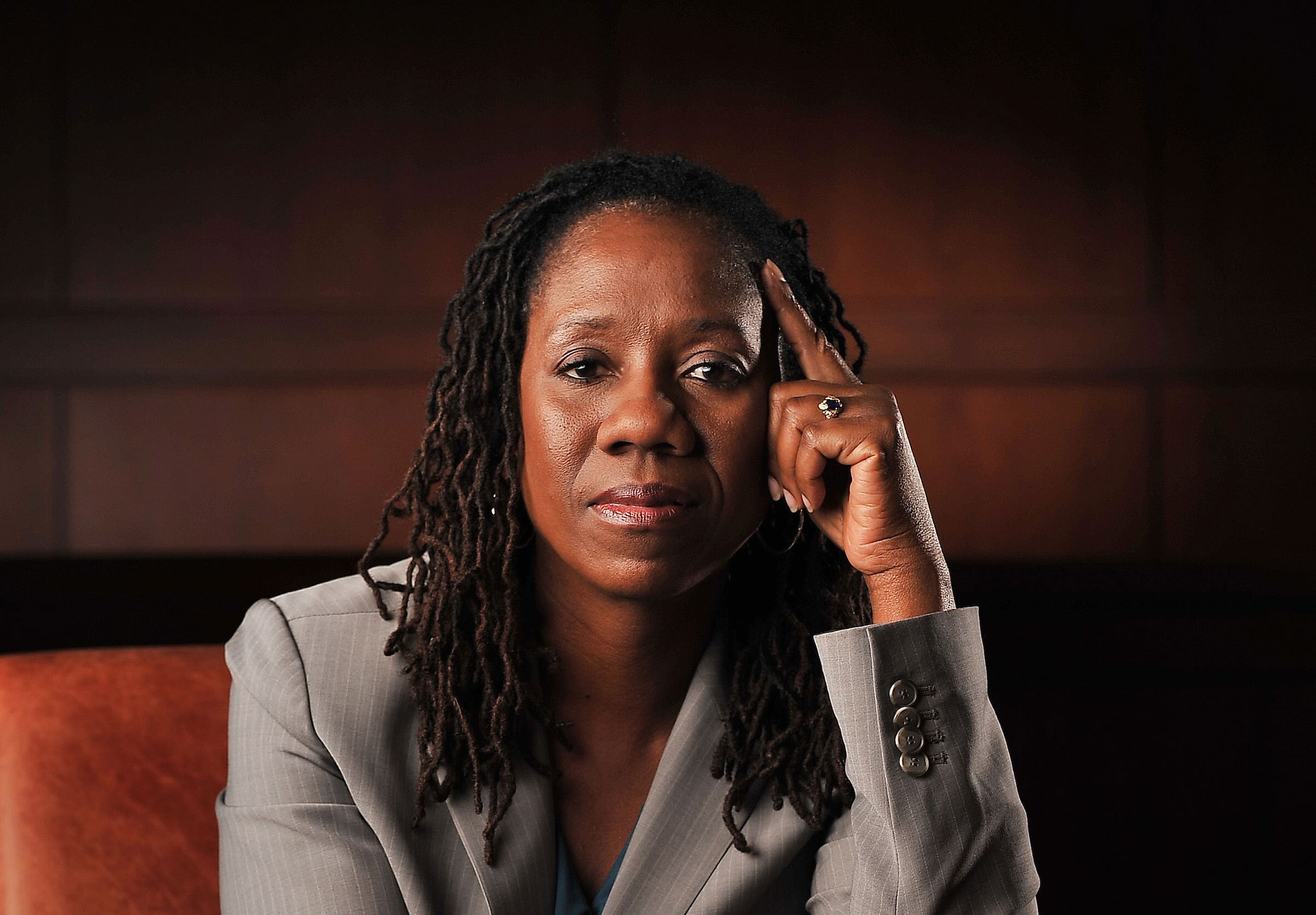Civil Rights Leader Says We Must Prepare the Next Generation to Continue the Struggle
Sherrilyn Ifill ’84, one of the nation’s most prominent civil rights leaders, came home to her alma mater on October 3 and had this message for Vassar and the greater Poughkeepsie community: In these troubled times, remember there were people before you who fought the fight that made it possible to be where you are. She said it’s time to continue the fight for a multiracial democracy. “There are days when I am furious, and I can’t imagine not being furious,” she said. “But I remember the tireless work people before me did to make this work possible.”

Ifill, currently the Vernon Jordan Distinguished Professor in Civil Rights at Howard University School of Law, formerly served as President and Director-Counsel of the NAACP Legal Defense and Educational Fund, where she was involved in countless civil rights cases across the country. Her new book, titled Is This America?, will be published next year.
Speaking to an audience of more than 200 in response to questions from Professor of Sociology Diane Harriford, Ifill said that while she and others had won some significant legal battles, “what we won is not what we wanted or should have won.” Much has been achieved but there is much work still to be done, she noted.
Ifill said it was incumbent upon veteran civil rights leaders like herself to make room for the next generation, however. “There is the harvest,” she said, “and then there is the planting. We have reaped the benefits of the harvest, but do we have it in us to do the planting?”
Asked by Harriford how Americans can preserve democracy in light of the current political climate, Ifill said it was incumbent on all of us to come together in community through book clubs, art projects, and other activities. She also noted that Congress had missed an opportunity to regulate social media platforms that often distort the truth and fuel political and social animus.
While noting that “something very ugly has been unleashed in this country,” Ifill said the history of the nation had provided her with hope for the future. She said she didn’t consider the nation a “true democracy” until 1954, when the Supreme Court ruled in Brown v. Board of Education that so-called “separate but equal” schools and, by extension, other accommodations for Black people were unconstitutional.
“Because those men and women did it leading up to 1954 and 1955 [when the Civil Rights Act was passed], I believe we can do it again,” Ifill said. “We can be founders and incubators of new ideas that translate into a new reality.”
Ifill, who grew up in Queens and attended public schools, opened her talk by describing her love of learning that led her to enroll at Vassar in 1980. Her father valued the power of education, she recalled, “and he was excited when Vassar reached out to me.”
Ifill didn’t think she would be prepared, Harriford explained, but felt she was welcomed at the College and loved the classes she took.
During her talk, Ifill said she had wanted to become a civil rights lawyer from an early age, and the educators in Vassar’s Africana Studies program had a profound influence on her. “It is clear that Ifill’s time at Vassar was important to her life’s work,” Harriford said.